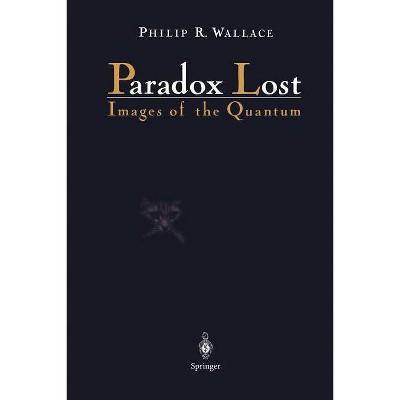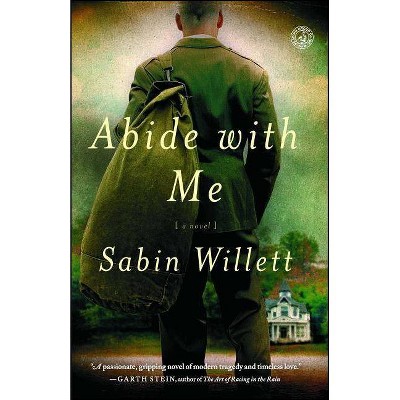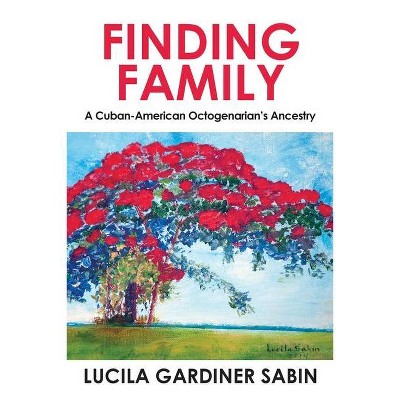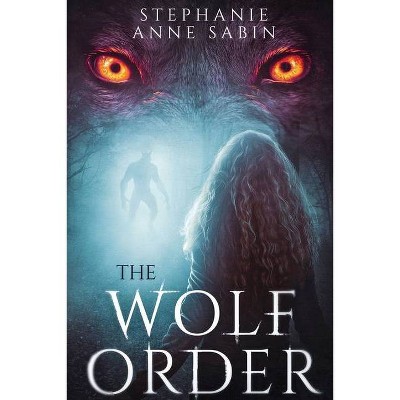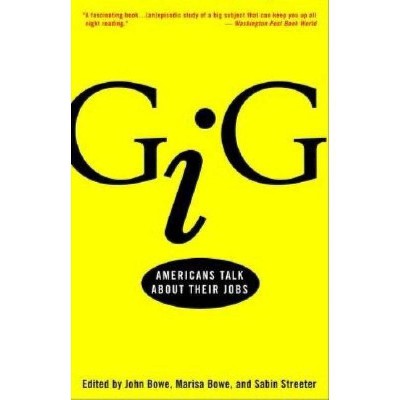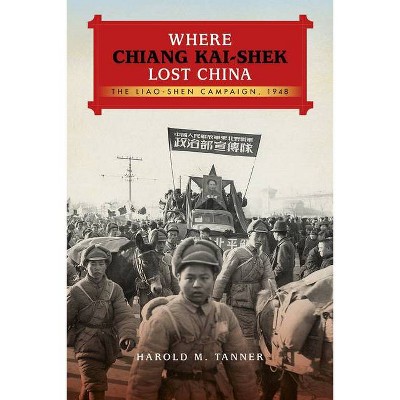Lost Battles - by Philip Sabin (Paperback)
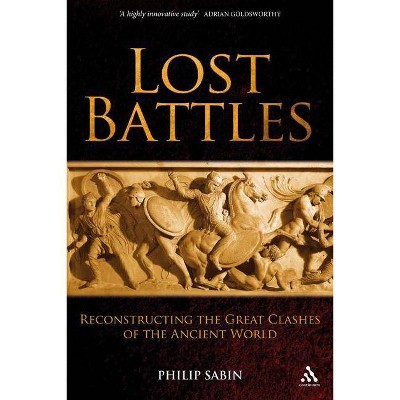
Similar Products
Products of same category from the store
AllProduct info
<p/><br></br><p><b> About the Book </b></p></br></br>"Lost Battles takes a new and innovative approach to the battles of antiquity. Using his experience with conflict simulation, Philip Sabin draws together ancient evidence and modern scholarship to construct a generic, grand tactical model of the battles as a whole. This model unites a mathematical framework, to capture the movement and combat of the opposing armies, with human decisions to shape the tactics of the antagonists. Sabin then develops detailed scenarios for 36 individual battles such as Marathon and Cannae, and uses the comparative structure offered by the generic model to help cast light on which particular interpretations of the ancient sources on issues such as army size fit in best with the general patterns observed elsewhere. Readers can use the model to experiment for themselves by re-fighting engagements of their choice, tweaking the scenarios to accord with their own judgment of the evidence, trying out different tactics from those used historically, and seeing how the battle then plays out. Lost Battles thus offers a unique dynamic insight into ancient warfare, combining academic rigor with the interest and accessibility of simulation gaming. This book includes access to a downloadable computer simulation where the reader can view the author's simulations as well create their own."--Publisher description.<p/><br></br><p><b> Book Synopsis </b></p></br></br><br/>From the author's introduction: </p><i><br/>Ancient battles seize the modern imagination. Far from being forgotten, they have become a significant aspect of popular culture, prompting a continuing stream of books, feature films, television programs and board and computer games... there is a certain escapist satisfaction in looking back to an era when conflicts between entire states turned on clear-cut pitched battles between formed armies, lasting just a few hours and spanning just a few miles of ground. These battles were still unspeakably traumatic and grisly affairs for those involved - at Cannae, Hannibal's men butchered around two and a half times as many Romans (out of a much smaller overall population) as there were British soldiers killed on the notorious first day of the Somme.</p><br/>However, as with the great clashes of the Napoleonic era, time has dulled our preoccupation with such awful human consequences, and we tend to focus instead on the inspired generalship of commanders like Alexander and Caesar and on the intriguing tactical interactions of units such as massed pikemen and war elephants within the very different military context of pre-gunpowder warfare.</p><br/>Lost Battles </i>takes a new and innovative approach to the battles of antiquity. Using his experience with conflict simulation, Philip Sabin draws together ancient evidence and modern scholarship to construct a generic, grand tactical model of the battles as a whole. This model unites a mathematical framework, to capture the movement and combat of the opposing armies, with human decisions to shape the tactics of the antagonists. Sabin then develops detailed scenarios for 36 individual battles such as Marathon and Cannae, and uses the comparative structure offered by the generic model to help cast light on which particular interpretations of the ancient sources on issues such as army size fit in best with the general patterns observed elsewhere. Readers can use the model to experiment for themselves by re-fighting engagements of their choice, tweaking the scenarios to accord with their own judgment of the evidence, trying out different tactics from those used historically, and seeing how the battle then plays out. <i>Lost Battles </i>thus offers a unique dynamic insight into ancient warfare, combining academic rigor with the interest and accessibility of simulation gaming. This book includes access to a downloadable computer simulation where the reader can view the author's simulations as well create their own.</p><p/><br></br><p><b> Review Quotes </b></p></br></br><br>"A highly innovative study, presenting a new way of understanding what happened in the great battles of the ancient world."<br><br>"Sabin offers a brilliant reconstruction of ancient Greek and Roman battle. He models and 'refights' those battles through a game-like process that brings them to life. The result is utterly fascinating. There are new insights both into specific battle and into the relative importance of moral and material factors. Lost Battles is required reading for anyone interested in ancient warfare."<br><br>"Lost Battles is an important contribution to our understanding of ancient land combat. Any warmonger with an interest in ancients will want to own a copy." -Mike Markowitz, NYMAS Review, 2008<br><p/><br></br><p><b> About the Author </b></p></br></br><P>Philip Sabin is Professor of Strategic Studies in the Department of War Studies at King's College, London. He has worked closely with the armed services and appears regularly on TV and radio. He has also co-edited the two volume Cambridge History of Greek and Roman Warfare.
Price History
Price Archive shows prices from various stores, lets you see history and find the cheapest. There is no actual sale on the website. For all support, inquiry and suggestion messagescommunication@pricearchive.us
